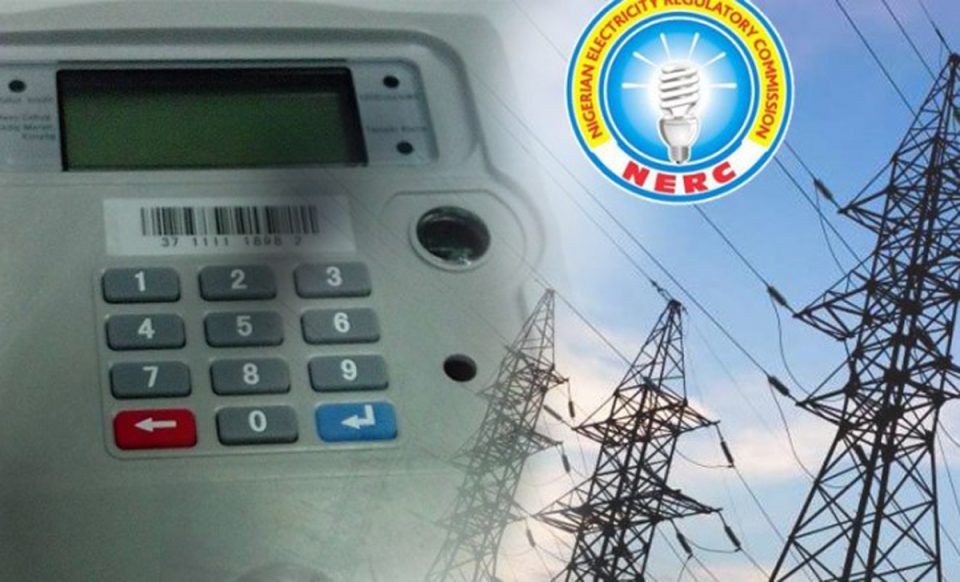- Metering firm to deploy over 400,000 meters for DisCos
Meter manufacturing and serving firms in Nigeria have attributed the slow pace of mass metering under the Meter Asset Provider (MAP) scheme to the inability to access foreign exchange and import levy charged on pre-paid meters.
According to them, the existing in-country capacity for local manufacturing and assembly of components is not sufficient to meet the huge demand for prepaid meters by electricity customers, hence the need for operators to resort to importation.
Besides, New Hampshire Metering Services Limited, a subsidiary of New Hampshire Capital Limited, has announced immediate plans to roll-out over 404,000 smart prepaid meters for Ikeja and Ibadan electricity distribution companies (DisCos) under the MAP scheme.
The General Manager, Operations of New Hampshire, Isaac Omoyeni, who disclosed this recently, said the company is providing metering services in Ikorodu and Epe in Lagos State under the Ikeja franchise, while providing metering services in Ilorin, Oyo and Ogbomosho under the Ibadan franchise area.
He said the company entered into long term metering services contracts with both DisCos to finance, procure, install and manage prepaid meter assets and also ensure the provision of prompt metering services to electricity customers in both Discos, while deployment and installation are currently on-going in all of these locations.
Omoyeni noted that while the MAP scheme has recorded significant success so far, there are several challenges facing its implementation.
He said: “One of such challenges is the inability of MAPs to secure foreign exchange to import sufficient quantities of prepaid meters, as well as the 35% import levy charged on prepaid meters.”
He lamented that the inability of local manufacturers and assemblers to meet the 30% local content supply requirement as stipulated by the MAP regulation has further constrained the company’s determination to accelerate the meter roll out programme.
He contended that this would require a combination of importation of FBU prepaid meters to bridge the current deficit in local meter assembly capacity and massive investments in local meter assembly lines.
He thanked the Federal Government for granting a one-year waiver on the 35% import levy to allow MAPs to carry out bulk procurement and importation of prepaid meters to meet local demand and called for the immediate implementation of the Presidential waiver.
Omoyeni said the company’s MAP operations currently provide direct employment for over 400 meter installers and field engineers, who handle meter maintenance and repairs.
According to, “we would engage more than 1,000 trained meter installers when we fully commence our mass metering roll-out”.
“The company has been able to build capacity using local workforce and youths within our areas of operation and enjoy significant support from our host communities who are major beneficiaries of our local labour recruitment”, he said.
He also lauded the Central Bank of Nigeria (CBN’s) new meter-financing framework, but urged alignment with the existing MAP regulation to achieve set objectives and goals and finally close the metering gap.
He opined that the CBN’s plan to provide long term financing to local meter manufacturers would help them expand their present capacity, and in addition, encourage more investment in the subsector.



